Does Calcium Cause Constipation? Side Effects You Should Know About
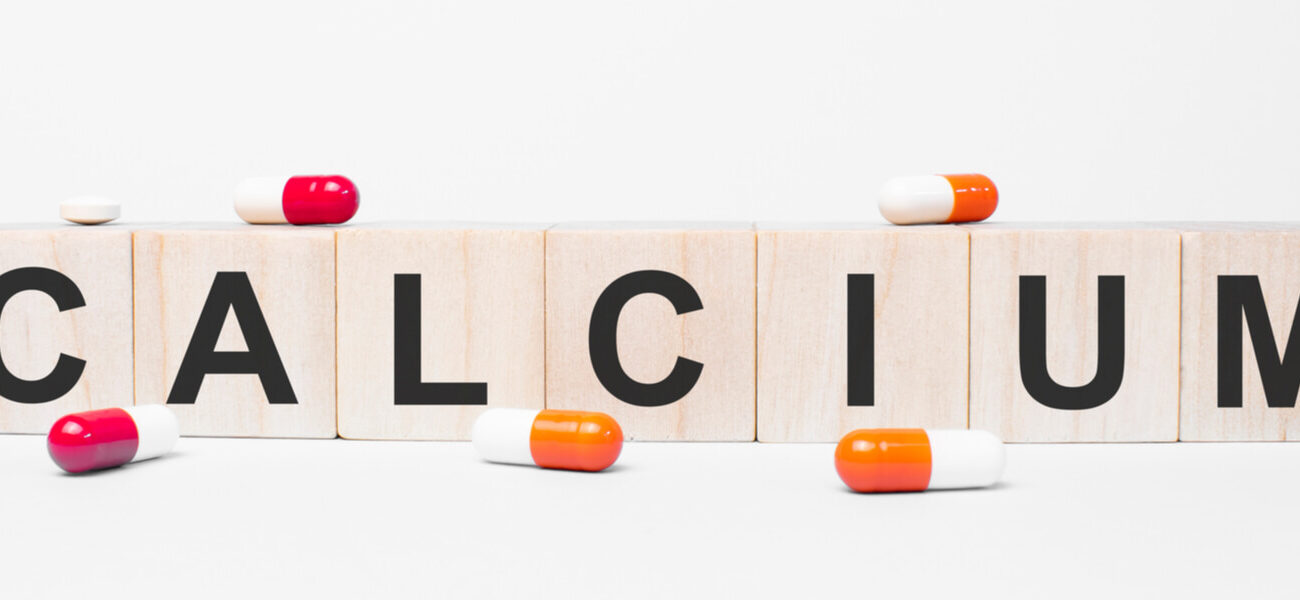
Is your calcium supplement causing constipation? It’s a subtle side effect that most people ignore.
We take supplements for health, but what happens when they harm us?
Today, we’re discussing how calcium supplements may cause digestive issues. We’ll be looking at the risks, the fixes, and how you can take better care of your health. Read on if you want better bone health and gut health without constipation.colo
Does Calcium Cause Constipation?
Calcium can cause constipation when used chronically. Individual doses of antacids and calcium are not a major risk. Regular use of low-quality supplements, especially carbonate, can cause constipation.
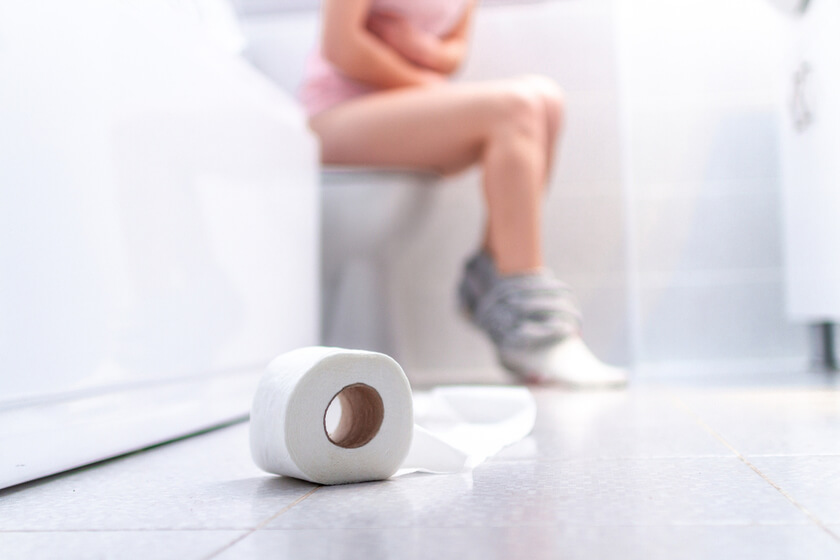
Advertisement
The role of calcium in the body is complicated. Maintaining very high levels for a long time causes problems. These are all possible responses to hypercalcemia. Constipation is likely to be the most noticeable side-effect.
Constipation doesn’t present in every case. You may be experiencing other symptoms, with or without constipation. It’s possible that you’re experiencing negative effects without noticing.
What Is Calcium?
Calcium is one of the most important minerals for bone health and muscle function. It even protects women from dysmenorrhea and breast cancer.
However, supplementing calcium isn’t always good for your health. Different types of supplements, different dosages, and your medical history all matter. Sometimes, supplementing calcium to fight calcium deficiency causes more harm than good.
Calcium supplements often lead to unwanted health changes. The most important one we’re talking about today is constipation. This also includes secondary effects like indigestion, stomach cramping, and bloating.
Many people misunderstand these symptoms. Let’s start with the culprit.
Sources of Calcium: Diet and Supplements
Most of the calcium in your diet comes from a small group of foods:
- Dairy
- Beans and pulses
- Nuts and seeds
- Leafy greens

These are whole foods that include other nutrients like fiber, which help digestion. They help maintain bone density and prevent digestive diseases.
Many people supplement calcium, which provides a concentrated source. This is the main problem for digestive issues and side effects. Antacids and indigestion relief also provide huge doses of calcium. This is a source most people don’t consider.
Supplementary doses of calcium come in many forms. What unites them is the sheer potency. They provide far more calcium – all by itself – than natural whole foods do. This can easily lead to problems as your body is not prepared for this kind of “megadose.”
Side Effects of Calcium Supplements
Chronic, high-dose calcium has a range of side effects. These are the tell-tale signs of hypercalcemia:
- Excessive urination
- Major risk of regular or severe kidney and gallstones
- Cramping and abdominal pain
- Kidney dysfunction and persistent thirst
- Bone weakness, as in osteoporosis and osteoarthritis
- Muscular weakness and fatigue
- Anxiety and mood disorders or instability
- “Brain fog” and other mental performance decline
The side effects of calcium supplementation depend on the type you’re taking. The most common, cheapest, and most dangerous is calcium carbonate.
This is a normal salty, chalky powder or pill that is often taken by older people. Taking calcium can improve bone health. Crucially, calcium carbonate has limited benefits to bone density.
Calcium carbonate is both supplemented directly and is an ingredient in antacids. These are popular for relieving heartburn and indigestion, and improving stomach valve functions. The irony is that they may cause long-term indigestion and acid reflux.
Regular use is where problems occur – in either supplement or antacid form. These are both fine with short-term or irregular use. Focus on healthy doses – roughly 800mg calcium per day.
How to Avoid Constipation When Taking Calcium Supplements?
You can make changes at many levels to address constipation. Control the dose, the type of calcium, and your gut health.
Each of these steps is beneficial, but the more you use, the better the results. The more layers of habit improvement you add, the lower the constipation risk.
#1 Don’t take calcium supplements
This is the easiest solution. Use your diet to get calcium instead of supplementation. You should also reduce antacid intake. These pills offer short-term relief and long-term risk.
If you’re experiencing digestive problems or poor calcium intake, start with a diet. You can get your daily needs without supplementation. Calcium-rich foods are nutrient-dense and should be prioritized anyway.
This avoids the risks of low-quality calcium supplements. It can also improve your overall health.
#2 Use calcium citrate or other sources
You can continue using better calcium supplements. Calcium citrate has better benefits to bone density and less constipation risk.
You can also supplement calcium phosphate, calcium lactate, or calcium gluconate. Elemental calcium – which is not bound to anything – doesn’t absorb very well.
Calcium supplementation – especially with B1 – can be useful for women’s health. Ensure that the dosage is roughly 0.5mg. You should also pair calcium with a healthy diet and exercise routine.
#3 Control your calcium-magnesium balance
The intake and function of calcium interact closely with magnesium. This is another electrolyte, and they work in pairs.
Magnesium deficiency and poor balance with calcium drastically increase the side-effect risk. This includes constipation but also muscular fatigue, and risks to kidney health.
You can supplement magnesium or get both calcium and magnesium from your diet. Foods that contain both, like seafood and dark green vegetables, are always a good choice. You should also take vitamin D supplements to control calcium’s role in the body.

#4 Avoid drug interactions
Calcium carbonate interacts with other chemicals and compounds. Make sure you’re not using calcium supplements or antacids with prescription medications.
This is one of the major risks of any supplementation. It’s why you should always consult your doctor if you’re using supplements while on medication. Otherwise, harmless compounds can have major side effects if they interact with medications.

Calcium interacts with many things. Reducing your intake of calcium supplements is a priority.
A Word From MD
Calcium – and especially the carbonate form – is a complex mineral. Supplementation and antacid use have short-term benefits but may come at long-term risk. Proper dosage and supplement type are very important.
We see many interactions with medications – often in ways people don’t expect. It’s easy to overlook these side effects because they seem “normal,” but it’s easy to overdo it.
Most people don’t need to supplement calcium, fortunately. Those who do – especially women – should still be careful. Calcium intake should be combined with B1 intake and balanced against magnesium levels.
Be careful with chronic or high-dose usage. Cease supplementation if you experience any side effects or unwanted changes. Contact your doctor to see if your medication interacts with calcium supplementation.
Does Calcium Cause Constipation? The Bottom Line
Calcium supplements can cause constipation. Taking the carbonate form, a high dose, or regular antacid use puts you at risk. You may also experience other symptoms like excessive urination or fatigue.
Control your calcium intake at the source. Get off supplements if you’re experiencing side effects. Focus on good nutrition first. Only use high-quality calcium supplements if you still want that boost.
Calcium is an important nutrient, but it will have negative effects if unbalanced. Give your body the care, dose, and magnesium it needs. If you’re having any side effects or are taking medication, speak to your doctor about the risks. Don’t let supplementation harm your health!


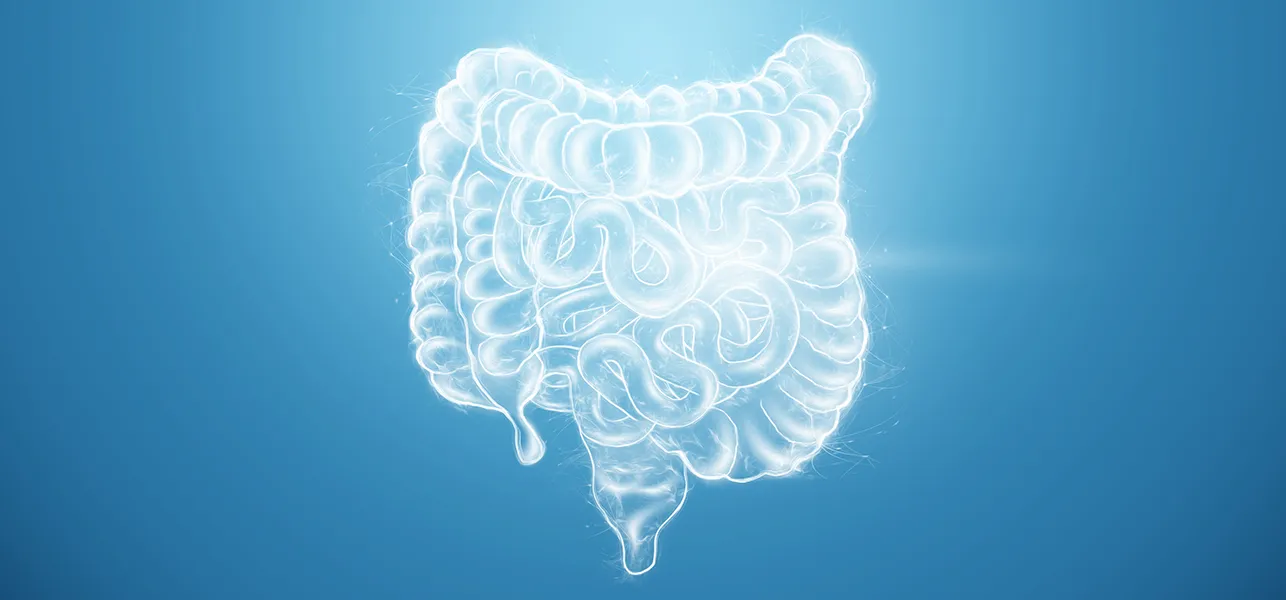

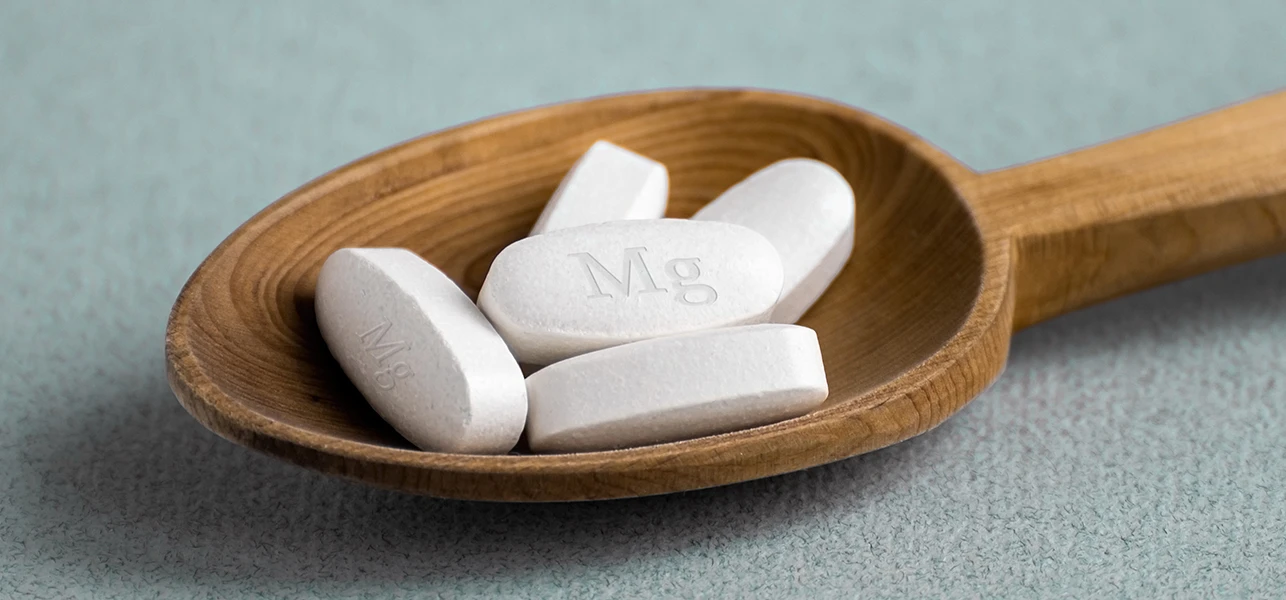

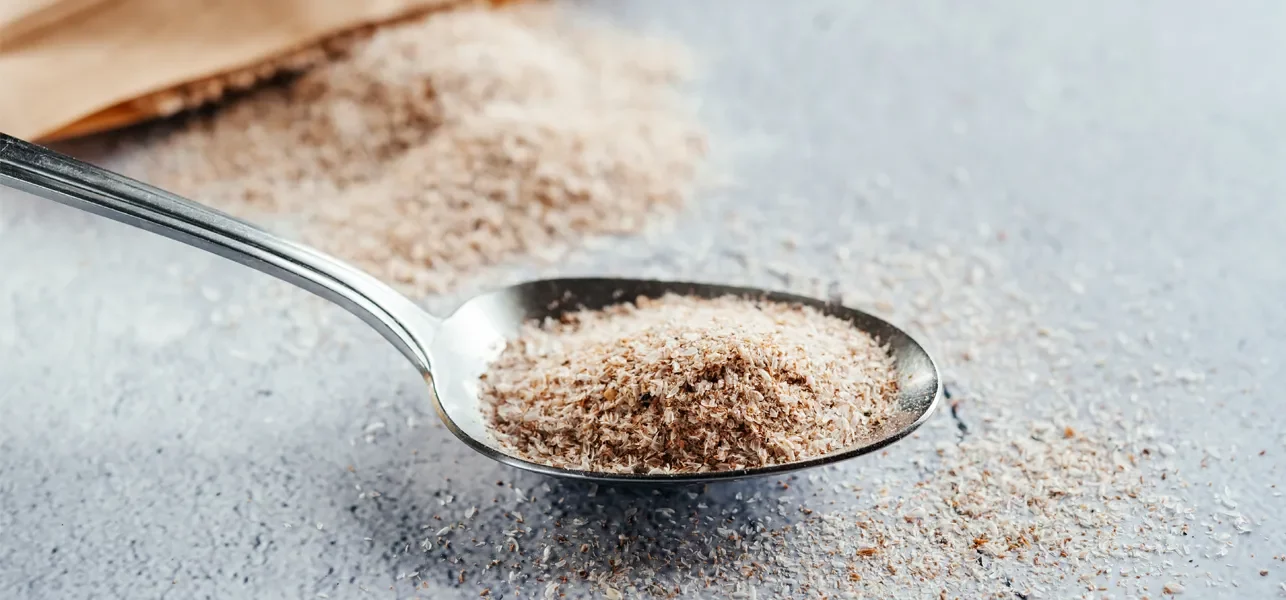
Comments (0)